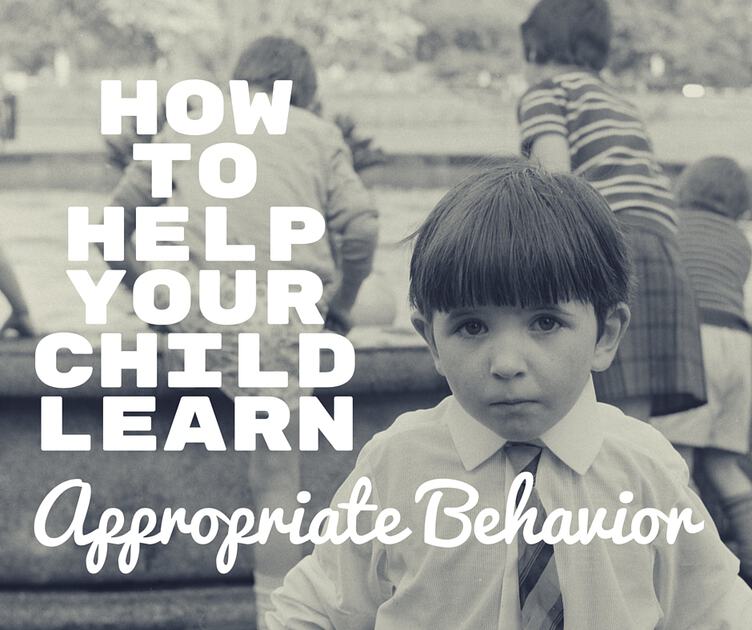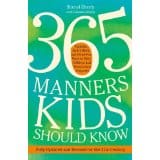
Children don’t always behave; in fact, it takes time to learn the social rules for different situations. Parents play a key role in helping their child navigate their way through the often unspoken rules about how to behave towards others. Research has shown there are certain conditions that need to be in place for a child to learn these vital life skills.
What Needs to Be in Place?
For a child to learn, and behave, in what society sees as a socially acceptable manner, they need to have confidence, self-esteem, self-restraint and a respect for others. He or she needs to be able to manage conflict within relationships, listen to others, show empathy, take turns, share and win and lose gracefully. To be able to do this, your child needs to feel secure and included. He or she needs the resilience and self-esteem to cope with setbacks and change.
How You Can Help
There are a number of ways you can help your child. Actively listening to them, valuing their ideas and opinions, and involving them in discussions will help build a relationship of trust and understanding. You can help her build self-esteem by praising effort as much as results. Giving them clear and consistent boundaries and challenging bad behavior, making he or she understands what and why they’ve done wrong, helps good behavior become ingrained. Involving her in making decisions teaches her to consider all points of view and aim for a solution that works for everyone. He or she needs the opportunity to develop her social skills by interacting with others, both peers and adults, in a variety of situations. Perhaps most importantly, modeling the right behavior gives her an example to follow; witnessing you deal gracefully with losing or being polite to someone else, even if they’re being rude, lets her see good behavior in a real-life environment.
Whether or not your child behaves appropriately can depend on a number of factors and even the best-behaved child can have an off day if they’re bored, tired, ill or upset. Helping her build a solid framework of good behavior is simpler than you might think and something that will benefit them for the rest of his or her life.
365 Manners Kids Should Know: Games, Activities, and Other Fun Ways to Help Children and Teens Learn Etiquette If you’ve ever cringed at the sight of your ten-year-old waltzing through the neighbor’s front door without an invitation, or struggled to teach your teenager proper “netiquette” for navigating the complicated world of social networks, you know the importance of teaching kids that manners matter.
Sheryl Eberly’s bestselling 365 Manners Kids Should Know gives clever and insightful advice for the myriad situations where consideration counts, but is sometimes forgotten. This new edition incorporates tips for every aspect of digital communication into her straight-forward format.



